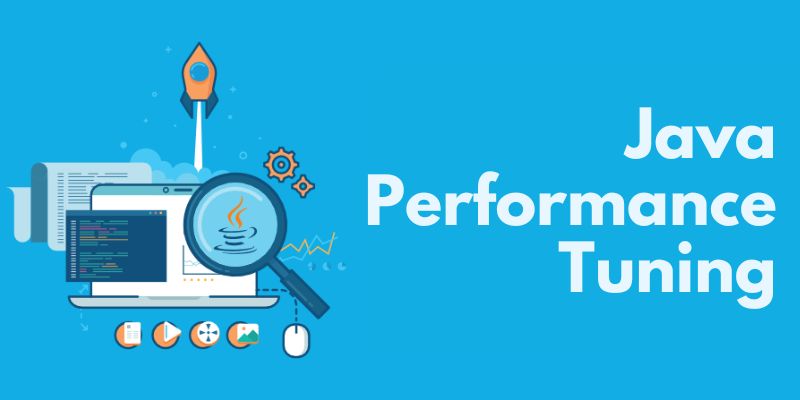What are the Fundamental Principles of Java Performance Tuning?
Java is a versatile and powerful programming language higly used for developing various applications, from web-based systems to mobile applications. However, as applications grow in complexity, ensuring optimal performance becomes crucial. Java performance tuning is optimizing Java applications to enhance their speed, responsiveness, and resource utilization. In this blog will discuss the Principles of Java Performance Tuning. To learn more about Java, You can go for Java Training in Chennai and build a robust skill-set working with the most potent Java tools and technologies to boost your big data skills. Understanding Java Performance Challenges Java applications face various performance challenges, […]


